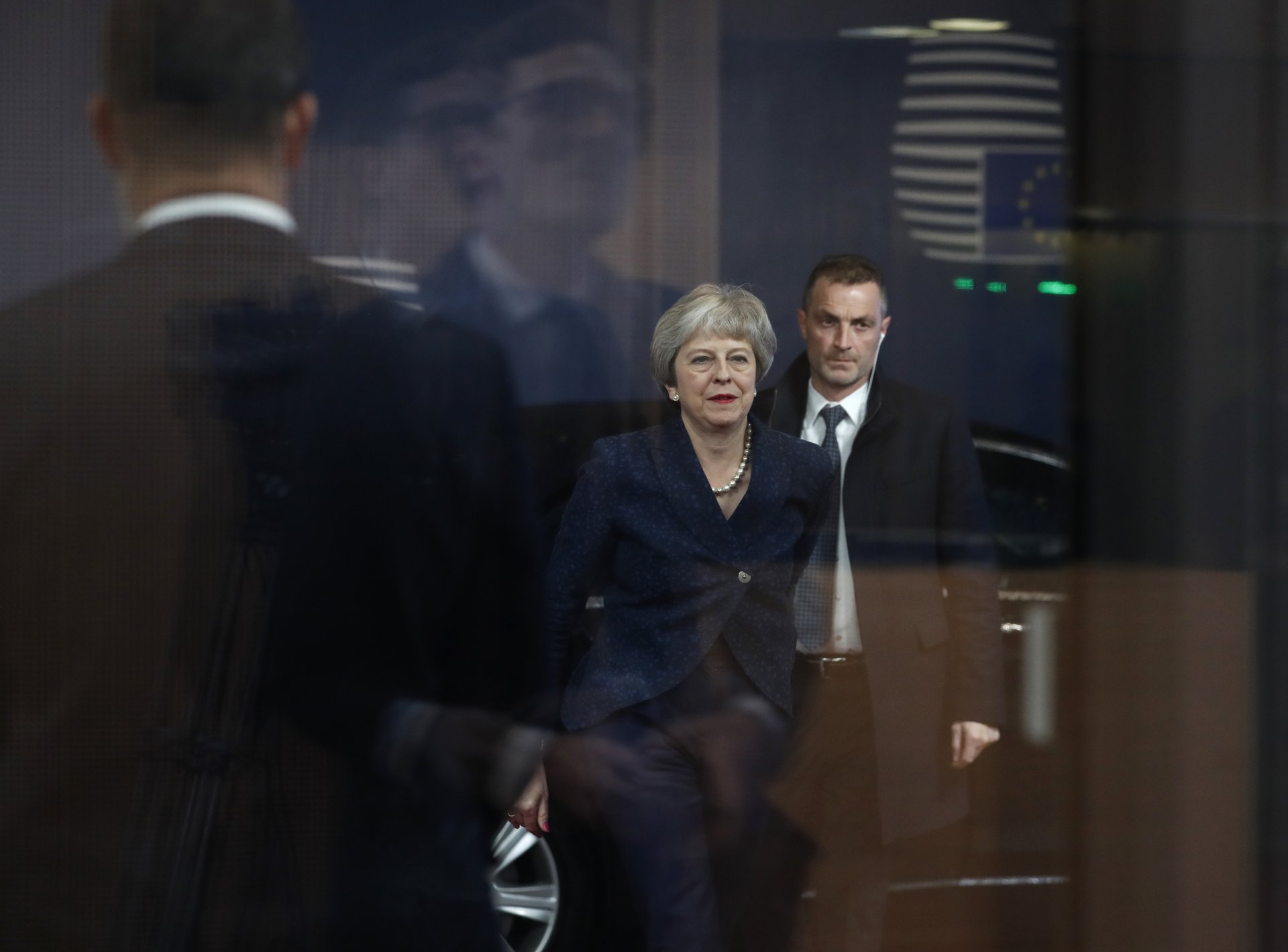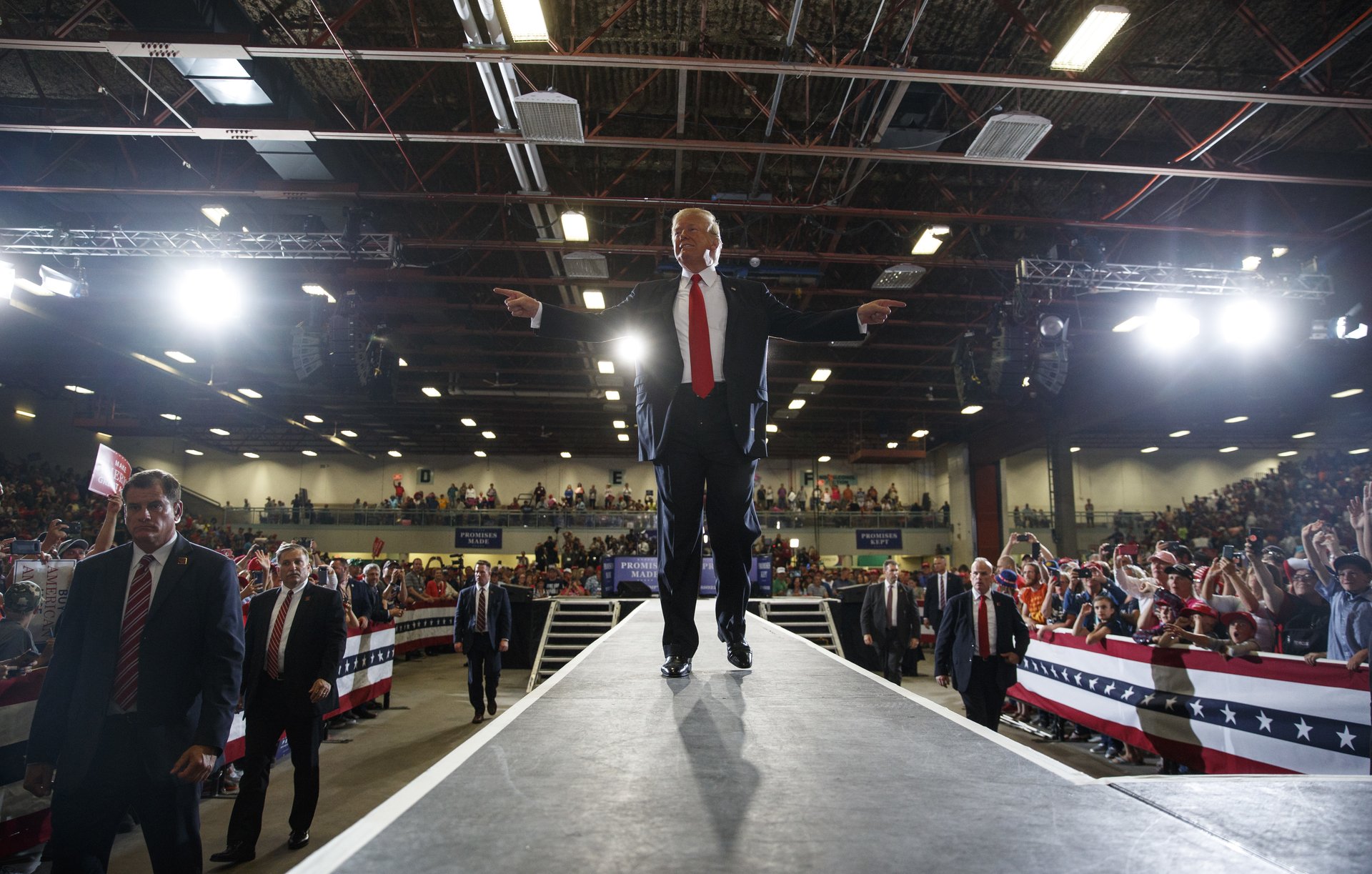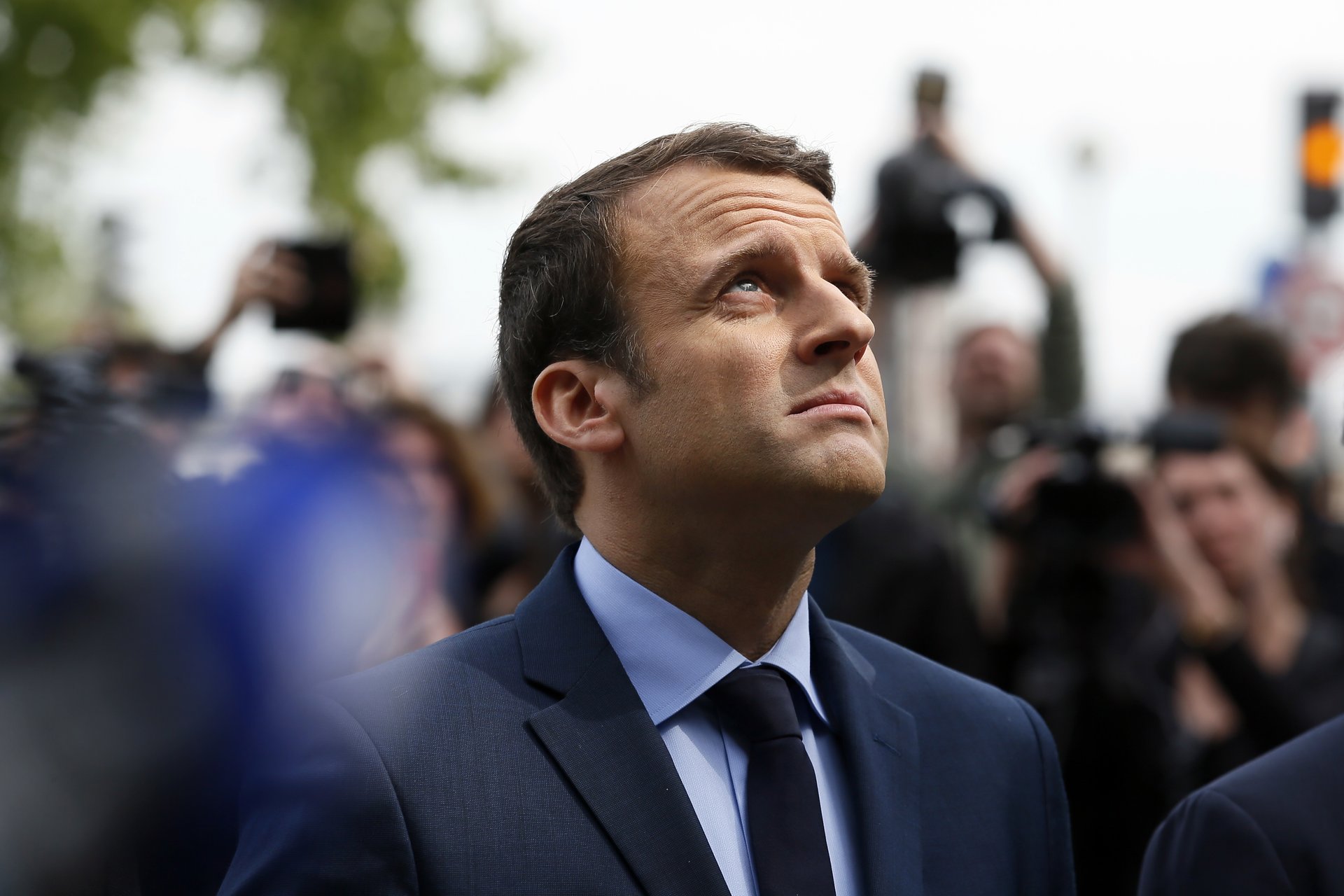In the past few years, anti-globalization populism emerged as a potent political force in several advanced economies. The United Kingdom’s June 2016 Brexit vote to sever ties with the European Union was the first sign. A few months later, the United States elected Donald Trump — an avowed nationalist and economic populist — as president of the United States. More recently, the demonstrations of the grassroots, populist gilets jaunes (yellow jackets) illustrate a deep-rooted dissatisfaction with the status quo and a perception that the “system” has benefited the few at the expense of the many.
To say the least, it is not a good time for supporters of trade and international cooperation. The next 12 months could determine if the wave of nationalism and economic populism will rise or begin to recede. Changes underway in Britain, the United States and France will act as important indicators.

Britain's Exit from the European Union
With less than three months to go before the March 29, 2019, deadline, the nature of the United Kingdom’s withdrawal from the European Union is, remarkably, still unclear. A parliamentary vote scheduled for January 15 could provide clarity, but only if Parliament approves Prime Minister Theresa May’s tortuously negotiated agreement with the European Union. At this point, that outcome seems unlikely.
Whatever the outcome of the vote, one thing is clear: the sunny predictions of the pro-Brexit forces, who campaigned on the chimerical promise that withdrawal from the European Union to make Britain “great” again would be costless, have been debunked. It has become clear not only that integration with the European Union has raised British living standards but that withdrawal will entail costs. The question before Britons, therefore, is whether the sovereignty gained from Brexit is worth those costs. Unfortunately, this question is to be decided by a fractured public; today, the United Kingdom faces both intergenerational and inter-regional fissures.
A divided society is not an ideal starting point from which to address the challenges posed by the rise of nationalism. This truth is, of course, apparent in the next setting: the United States.

The United States’ Leadership in the Global Economy
Trump is frequently derided as not conversant in, and easily distracted from, the details of policy. That characterization may indeed be accurate; all the same, the president has demonstrated remarkable strategic consistency. Since moving to the White House, he has steadfastly pursued a strategy to undermine the decades-old international economic, financial and security arrangements that have provided the ground rules for the global economy.
His aim is to replace a rules-based order with a transactional approach in which larger countries with greater bargaining power extract better terms for themselves. It is a zero-sum-game perspective, in which one player’s gain is another’s loss. Sadly, it is an approach that can lead to economic losses all around — the US may end up with a larger piece of a shrinking pie.
A zero-sum perspective also threatens global security. For example, the “greatest generation” of Americans who led international efforts to erect an economic, financial and security “architecture” in the wake of global war realized that restoring global growth and trade were critical to securing the peace. Getting Europe back on its feet after World War II was essential to checking Joseph Stalin’s ambitions; an economically moribund Europe would have provided fertile soil for the seeds of Soviet influence and expansion.
Restoring growth would also allow Western Europe to contribute to its own defence. But as a global hegemon, the United States was destined to pay a disproportionate share of the costs of collective security. That was, arguably, part of the implicit deal in which countries accepted the preferential role accorded to the US dollar — or “exorbitant privilege,” as French President Charles de Gaulle viewed it, under the Bretton Woods agreement. And the deal included trade liberalization, consistent with long-term US objectives.
In exchange, the United States was responsible for providing key global public goods — security and financial stability — both of which contributed directly to sustained growth for all. However, as Western Europe and Japan flourished and the tide of prosperity spread to other areas, such as Southeast Asia, concerns of free-riding mounted, while the benefits of global public goods were shared more widely. In this respect, the anti-globalist sentiments that animate the administration’s approach to foreign policy reflect the belief that international agreements are detrimental to US interests.
A charitable interpretation of Trump’s approach is that he is trying to corral the free riders and get them to ante up. While a thorough evaluation of fair burden sharing may be warranted, such a process should be a collective exercise, not the prerogative of one member. Trump’s embrace of authoritarian regimes leads even the country’s most stalwart allies to question the legitimacy of US leadership in the global economy.
Trust in US institutions is at risk as well. Recent presidential tweets undermine the independence of the US Federal Reserve (the Fed), and could have significant repercussions for the global economy. At the nadir of the crisis, the Fed saved the global financial system by providing swap lines to central banks around the globe. What if Trump’s statements introduce uncertainty about the Fed’s ability to resolve economic crisis, or erode global trust in the Fed’s monetary management, which, in turn, impacts the dollar’s global leadership? If so, 2019 could be the year that the dollar’s “exorbitant privilege” begins to wane.

France’s Management of Populist Movements
This brings us to the final development to watch for in 2019: how French President Emmanuel Macron deals with the protests that have swept through France. As US leadership declines, Europe will need to be a vocal defender of the values and institutions on which the postwar international architecture is based. With a fractured Britain, France is a leading candidate — but not if the nation is hamstrung by domestic division.
Responding successfully to the challenge requires an understanding of what motivates the protests. While the inchoate demands of populist movements such as the gilets jaunes are difficult to categorize, distrust of policies and institutions that have facilitated greater economic integration — globalization — is a common denominator. This distrust and the forces that animate it, such as the increase in inequality in advanced economies, did not emerge suddenly, and they will not suddenly disappear in 2019.
The distrust apparent in France and elsewhere may be a residual effect of the global financial crisis. The political scientist Daniel Drezner has argued that the international system “worked,” in that another Great Depression was averted. Certainly, the international financial institutions — in particular, the International Monetary Fund — and the Group of Twenty governments successfully prevented financial dysfunction from becoming global stagnation in the dark days following the failure of Lehman Brothers.
It can be argued, however, that the “system” failed at the national level. This breakdown was most evident in the United States and the United Kingdom, where political gamesmanship led to inappropriate policy responses — fiscal sequestration in the United States and the adoption of austerity in the United Kingdom — responses that impeded recovery. The tepid recovery led to further inequality, already rising as manufacturing jobs were lost to foreign competition. Meanwhile, the perception grew that policy responses rescued the holders of financial assets, while those struggling with unemployment and mortgage foreclosures were abandoned, and this view contributed to the growing sense that the system is rigged in favour of elites. To invoke a tired metaphor, the system won the crisis, but lost the recovery.
In this respect, the gilets jaunes’ protests may reflect a sense that the grand bargain that supported post-World War II arrangements, under which the benefits of international trade would be shared, was broken.
All three of these 2019 milestones — the upcoming Brexit deadline, the United States’ changing position in the global economy and France’s management of populist movements — share a common thread: a perception that globalization has diminished the capacity of national governments to respond to national concerns, and that national interests have become subordinate to international interests. Such fears are not new. They were aroused in the 1930s, when dysfunctional international monetary arrangements, speculative finance and beggar-thy-neighbour policies propagated financial disorder and global economic stagnation. The International Monetary Fund was created in response to this calamity to provide national governments with the necessary leeway for promoting full employment and higher living standards for all. It was conceived by people of vision who saw the global economy as a powerful means to generate wealth, and who recognized the need to ensure that prosperity was shared. A similar vision is needed today to address the sense of alienation behind the rise of nationalism. This will take time. In the interim, the decisions made in 2019 could signal whether economic nationalism can be held in check.